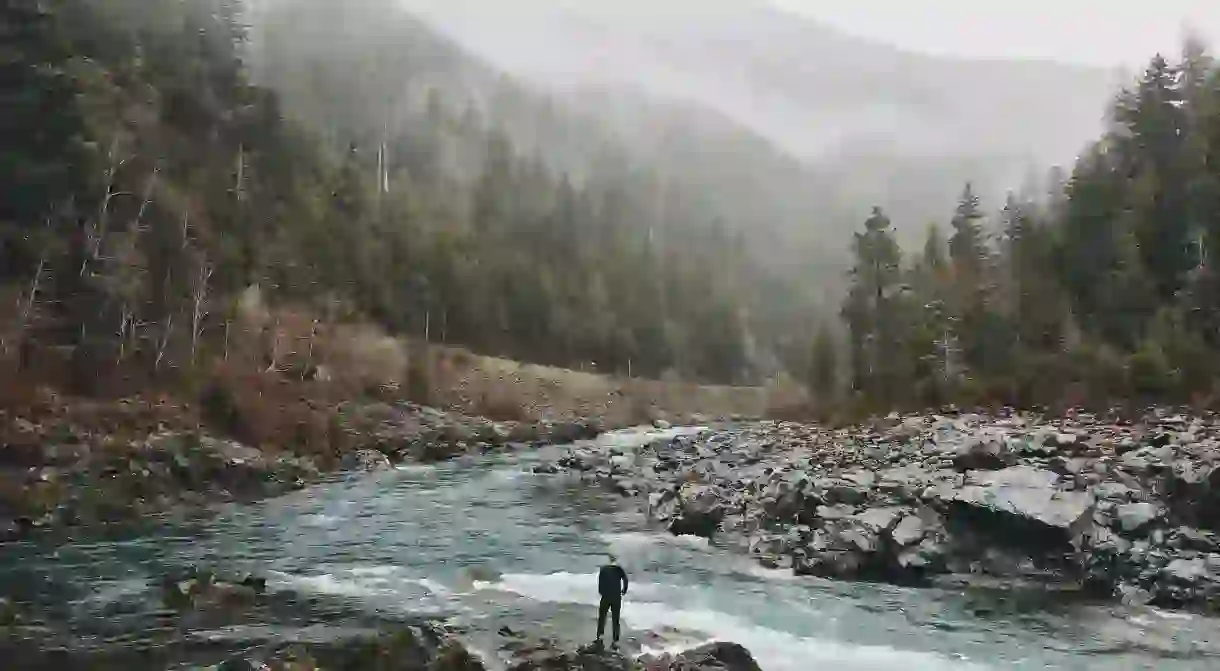The Dramatic Ways Travel Has Changed in the Last 10 Years

Using Google Analytics, a new study reveals which trends are on the rise and which have fallen out of favor with travelers. From an uptick in searches for vegan restaurant to the near-death of the travel agent, these are the industry shifts you should know about.
Since its launch in 2005, Google Analytics has offered users the opportunity to chart the relevance of keywords on the world’s most popular search engine. The travel tip blog Travel Aisle utilized this tool to survey the popularity (and unpopularity) of travel trends starting on 1 January 2010 and ending in the last months of 2019 to see how trends have changed over the past decade.
The year 2010 might not seem that long ago, but the world has changed exponentially since then. Companies that have disrupted the way we think of traveling, such as Airbnb and Uber, were in inchoate states, while Instagram – whose influence cannot be understated – and Lyft would not exist for another 10 months and two years, respectively.
To give some insight into how drastically the travel industry has shifted, consider this: at the start of the decade, most people still relied on books and pamphlets to plan their trips. Predictably, travel agents have fallen in relevance while the study’s results reveal that post-2016, as Instagram approached 800m users, travel influencers began to climb in popularity.
Travel Aisle blogger and founder of SEO Travel, Tom McLoughlin, said via email that one of the most surprising elements of the study’s results was the search volume for safe places to travel.
“While travelers may be making more adventurous travel choices, safety is a key concern for them,” McLoughlin said. “The rise in search volume for this phrase is also an indication that the terrible tragedies that have occurred around the world in the last decade – such as the Tunisia beach attack – have raised a new level of safety concerns for travelers.”
Another trend the study uncovered is a new level of consciousness when visiting places where travelers are not native.
“Increases in search volume for phrases including overtourism and vegan travel show that people are much more aware and passionate about eco issues than they were 10 years ago, and want a travel experience which fits with these values,” McLoughlin noted.
He suggests travelers seek out sustainable tourism options that align with issues that matter to them. The report mentions Venice and Barcelona as examples of cities that are suffering from overtourism. As part of our commitment to the environment, Culture Trip has created several guides to help mitigate the impact of your trip.
Looking ahead, McLoughlin predicts the environment will continue to play an integral role in trip planning.
“The appetite for eco-friendly travel is only going to continue,” McLoughlin said, “and the travel industry will have to continue to adapt more and more to provide travel opportunities which meet this need, and specialist travel packages such as tours and hotels for vegan travelers.”













